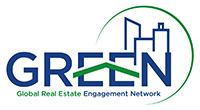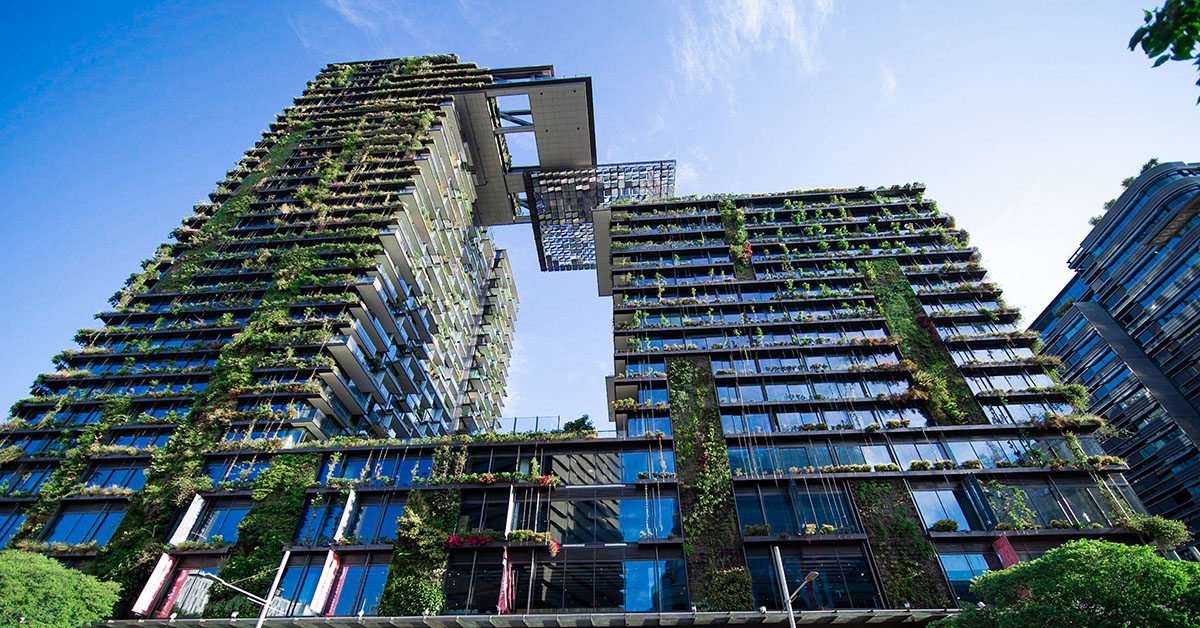Press release: Engagements Prove Effective, but Systemic Barriers Continue to Hinder Sector Progress Toward Decarbonization
GREEN’s new report reveals that while member engagements continue to drive measurable improvements in climate risk management, progress across the real estate sector remains slow. Key areas of improvement among listed companies include the disclosure of physical climate risk assessments, which increased to 43% from 30% in 2023, and the growing adoption of sustainability CAPEX planning in Europe, with 50% of the largest European listed companies now disclosing estimates.
In 2024, GREEN members engaged 24 non-listed and 34 listed companies. These engaged companies generally perform better than their peers in both the implementation of climate risk management and the disclosure of climate data, highlighting the effectiveness of engagements by GREEN members. For example, implementation indicators (i.e. indicators related to, among others, the disclosure of implementation pathways and deep retrofit measures) improved by more than 70% among engaged companies, nearly double the improvement observed among the largest listed real estate firms globally.
Systemic barriers slowing sector progress
Despite these promising results, progress in several areas remains slow. One such area is target-setting. The percentage of listed companies committing to net zero remains relatively low at 39%, up only slightly from 35% in 2023. Implementation also lags, with just 1% of listed companies disclosing net zero energy audit processes and only 2% reporting the development of asset-level transition plans. Engagements by GREEN members further reveal that the progress of many companies is hindered by systemic barriers. A key barrier is the lack of transparency and consistent data, which limits investors’ ability to accurately assess sustainability performance or to price in green premiums and brown discounts.
One example highlighted in the report is the use of the CRREM (Carbon Risk Real Estate Monitor) pathway, which helps companies evaluate whether their portfolios are aligned with the 1.5°C climate target of the Paris Agreement. Among the largest listed real estate companies globally, only 27% have demonstrated alignment. The remaining 73% are either not aligned or have not disclosed their status. This often stems from limited access to reliable data or a lack of urgency in collecting it. As a result, it’s nearly impossible for them to identify which real estate are truly progressing toward alignment, and to quantify (financial) risks and opportunities.
The systemic workstream within GREEN
This challenge underscores the importance of GREEN’s systemic workstream, which aims to improve the availability and quality of information, enabling investors to make better-informed decisions. By lifting systemic barriers like this, the workstream supports more accurate pricing of green premiums and brown discounts and helps accelerate the decarbonization of the real estate sector.
Note to editors
Read the annual report of the GREEN engagement results 2024
For more information about GREEN, please contact: maaike.hof@green-engagement.org or mobile: +31 6 44076628
About GREEN
GREEN is a network of both asset managers and asset owners focused on financial material climate risk and opportunity. On recognition of real estate’s exposure to climate risk and the financial consequences faced by the sector, the network was founded to assess and improve climate risk management among real estate companies and funds and has since joined forces with Leaders of the Urban Future to lift those systemic barriers in the industry that prevent the industry to speed up decarbonization. GREEN has now grown to become an investor network which represents over EUR 4 trillion of total Assets under Management. There is an ongoing dialogue with other institutional investors that are interested to join. For more information on GREEN and a full overview of our members, please visit our website through the following link: https://green-engagement.org.






